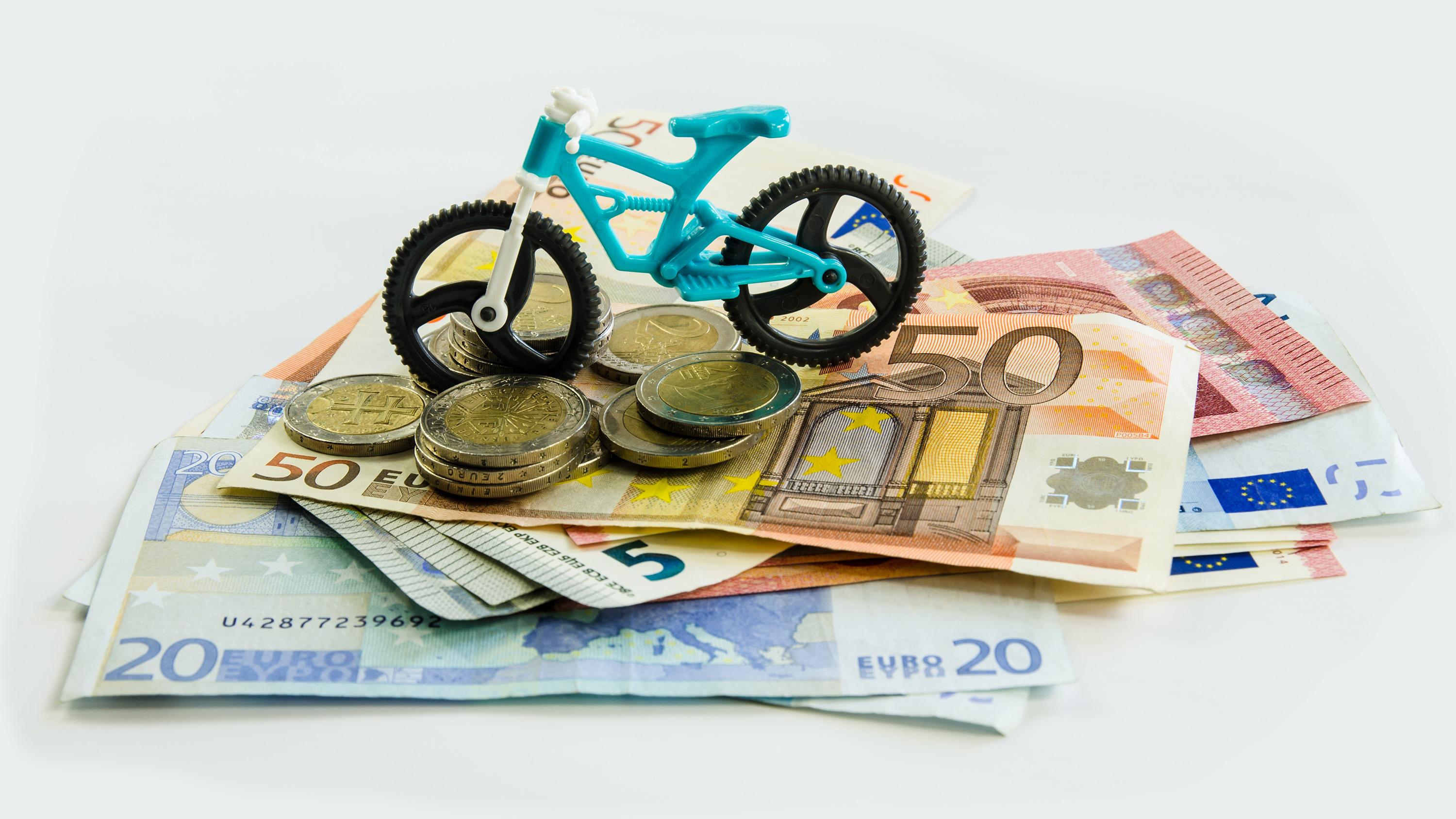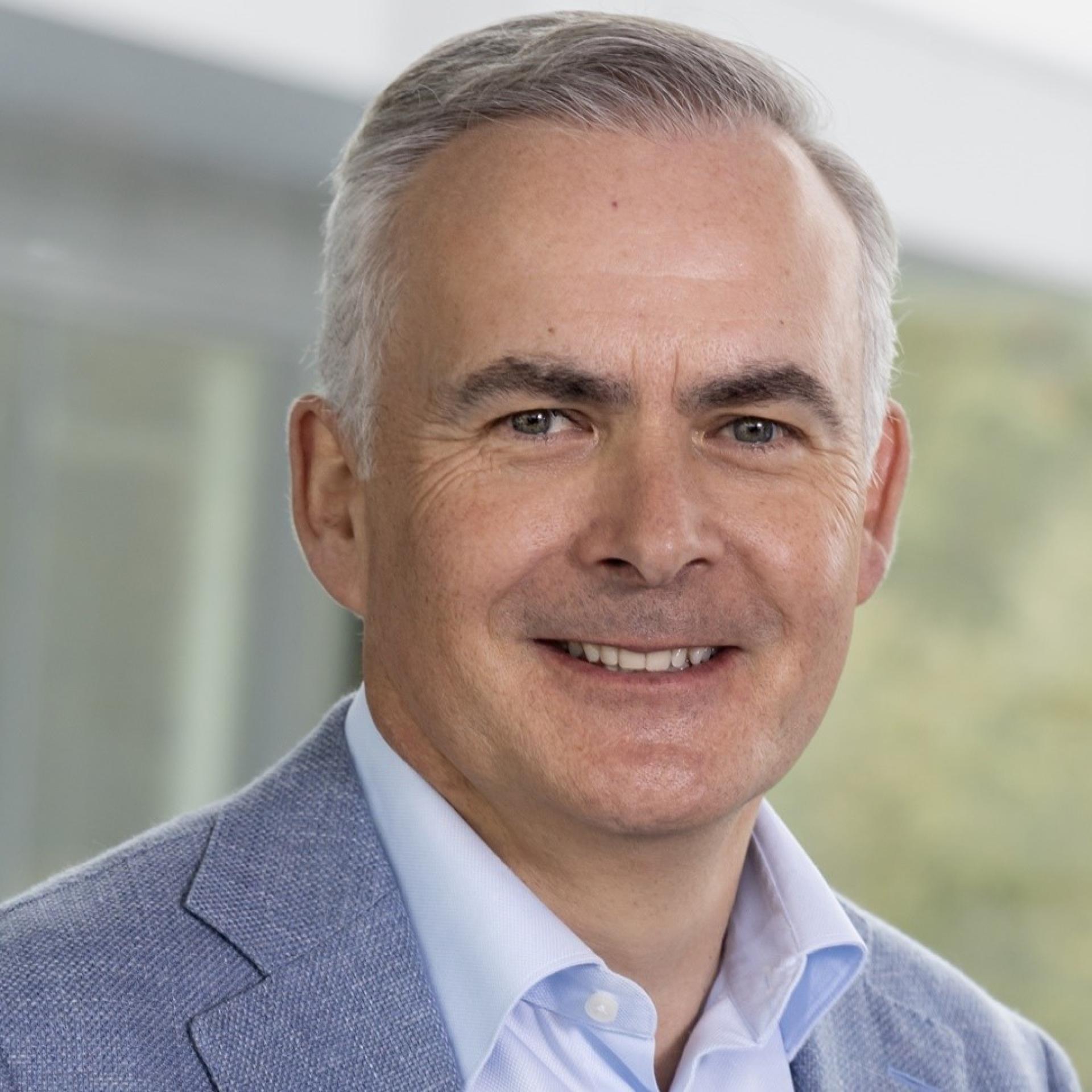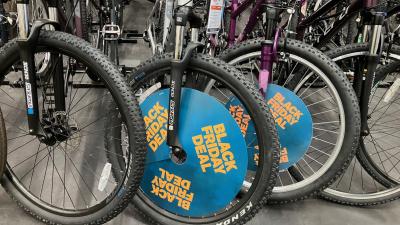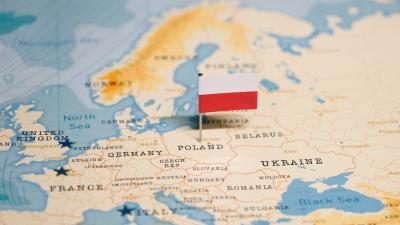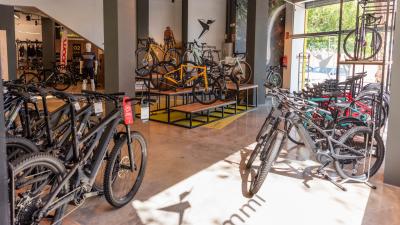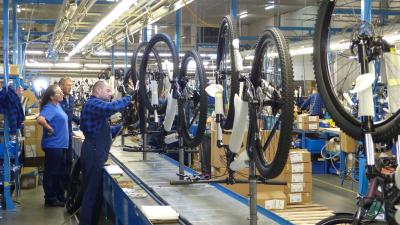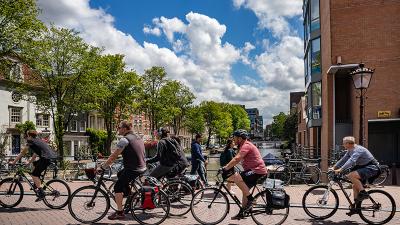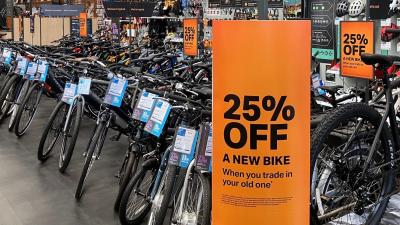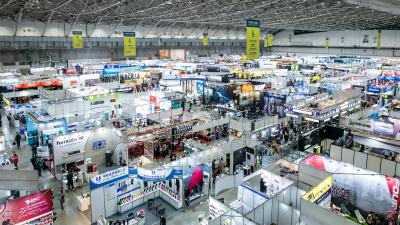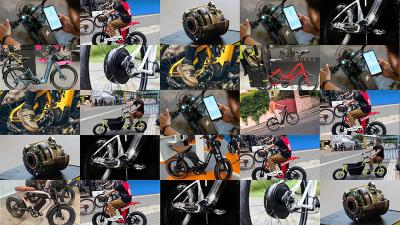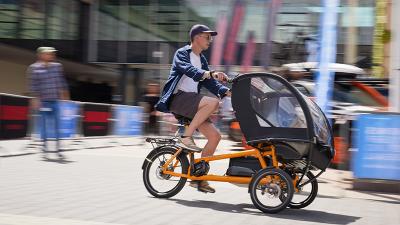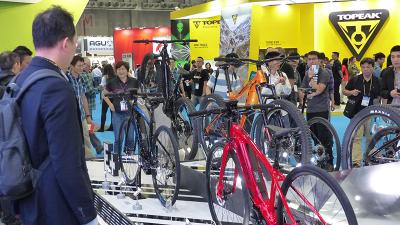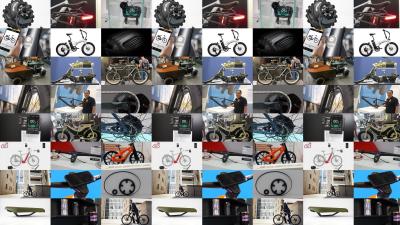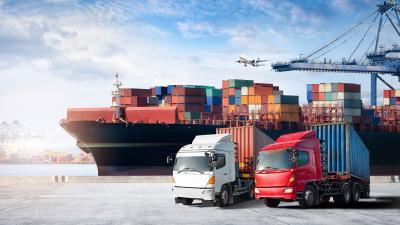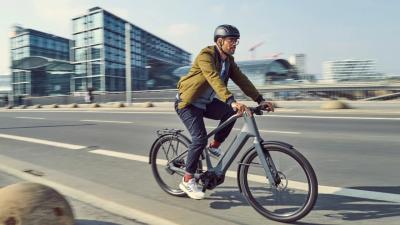All pages

1
Securing financial stability in tough market
Cover and contents
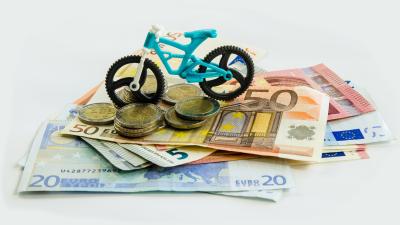
2
Industry players restructuring for better financial foothold
Rising debts, financial injections, insolvencies and disinvestments... bicycle industry players try to secure their financial health before 2025.
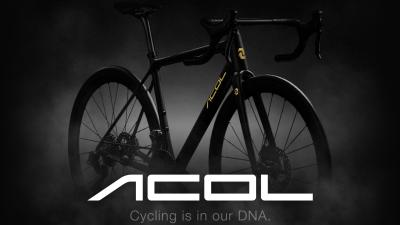
3
WinWin
ACOL - Cycling is in our DNA
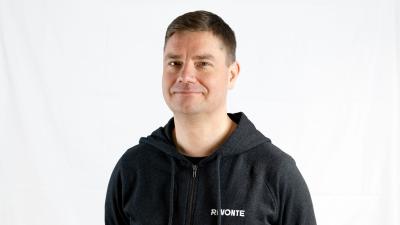
4
‘Why our drive system failed in a thriving market’
For the first time, Revonte's co-founder and former CEO Otto Chrons shares his story, and the lessons learned.

5
Taipeicycle 2025
March 26 - 29 2025

6
Another boom period for the industry is coming
With financial investors needing to divest more mature assets the bike market will see a rise in M&A activity, a new report concludes.
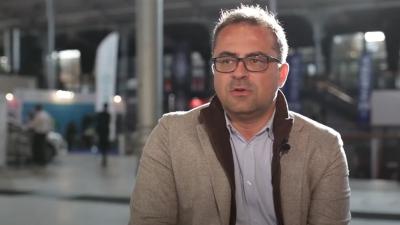
7
Rebirth Group CEO on Cyleurope Industries takeover
Rebirth Group CEO explains why he acquired Cycleurope and discusses the strategy and investments planned for the next two years.
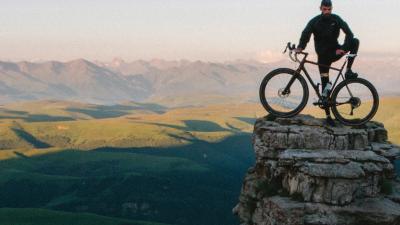
8
Group subscription october 2024
All editions
Search
Search, through all Editions
